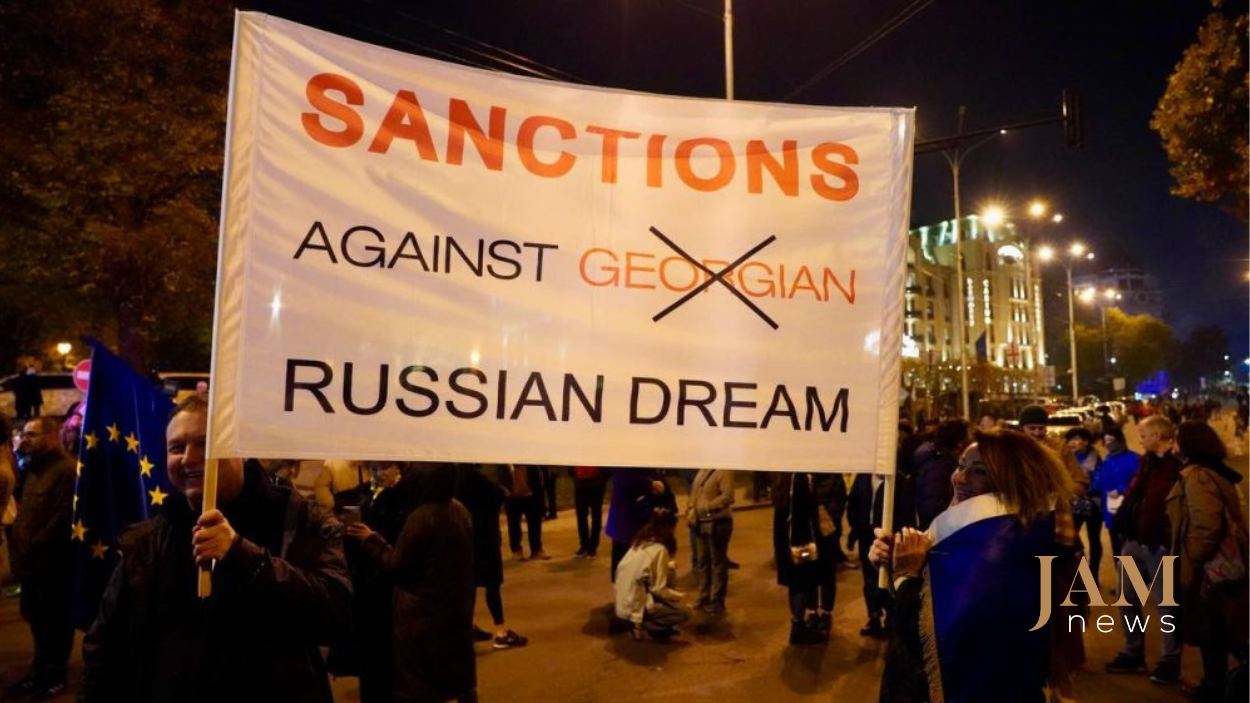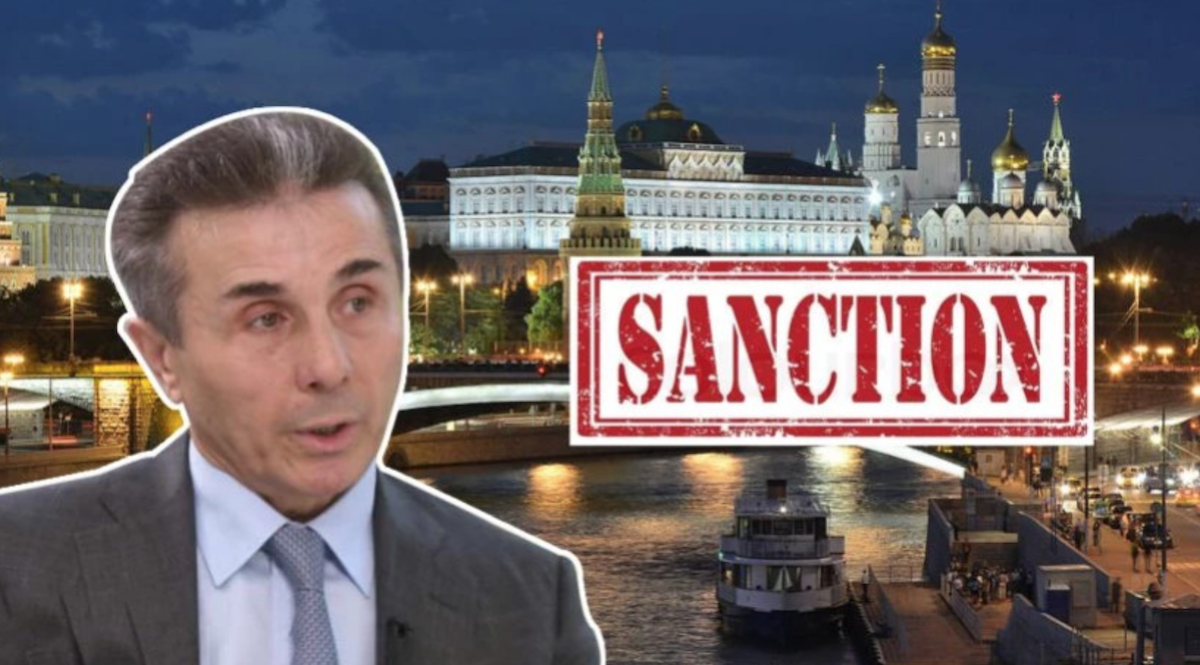Daniel Fried: 'US has information on Ivanishvili’s dealings with Kremlin'
US sanctions Ivanishvili
Daniel Fried, a diplomat and former coordinator for sanctions policy at the U.S. State Department, spoke to Voice of America about the significance of U.S. sanctions against Bidzina Ivanishvili, the honorary chairman of the ruling Georgian Dream party and the de facto ruler of Georgia. Fried emphasized that the sanctions were imposed under an executive order targeting Russian agents or individuals acting in Russia’s interests. “This means the United States has evidence of Ivanishvili’s actions on behalf of the Kremlin,” he added.
Fried also stated that the West continues to view Salome Zourabichvili, Georgia’s fifth president, as the country’s legitimate leader, even though her term officially ended in December with the inauguration of Mikheil Kavelashvili, appointed by Georgian Dream.
On December 27, 2024, the United States imposed financial sanctions on Bidzina Ivanishvili as part of a broader sanctions package against Russia. According to the U.S. State Department, “Ivanishvili has been added to the sanctions list for being responsible for, complicit in, or directly or indirectly engaging in actions or policies that undermine democratic processes or institutions in the United States or abroad, or for acting on behalf of or in the interests of, directly or indirectly, the Government of the Russian Federation.”
As a result of these sanctions, all of Ivanishvili’s assets in the United States have been frozen.
What did Daniel Fried say about the sanctions on Ivanishvili?
The diplomat noted that the sanctions against Ivanishvili were imposed under a special executive order targeting Russian agents and individuals acting in Russia’s interests.
“This is very significant because it indicates that the U.S. has evidence of Ivanishvili’s actions on behalf of the Kremlin.”
Fried also pointed out that the U.S. could have sanctioned Ivanishvili for human rights violations under the Magnitsky Act but instead chose to target him for actions benefitting Russia. “This is particularly interesting given the context of Russian aggression against Georgia, especially after 2008,” he remarked.
Fried highlighted the importance of the sanctions being fully blocking, meaning that, with few exceptions, anyone conducting financial transactions with Ivanishvili could also face penalties. The U.S. Treasury, however, made certain exceptions, refraining from targeting Ivanishvili-owned companies to avoid harming the Georgian economy or its people. Despite this, Fried acknowledged that the sanctions could still negatively impact the economy, as they represent “a much more serious step than visa restrictions.”
“It will now be much harder for Ivanishvili to conduct business. Of course, the sanctions won’t have a major effect on his business dealings in Russia. <…> They also won’t save democracy in Georgia — that is up to the Georgian people. But it is now clear that the United States has taken a critical step against the main force supporting Georgia’s authoritarian course,” Fried commented.
Daniel Fried also added that Salome Zurabishvili will continue to be regarded in the West as the legitimate leader of Georgian politics: “She has shown great courage and principle, earning respect throughout the democratic world.” The diplomat also highlighted the fact that Zurabishvili had been invited by Congressman Joe Wilson to attend Donald Trump’s inauguration.
Speaking about Mikheil Kavelashvili, the president appointed by the ruling party, Fried remarked, “Based on the actions he has taken as president, it gives the impression that he is the president of ‘Georgian Dream,’ not of Georgia.”




















